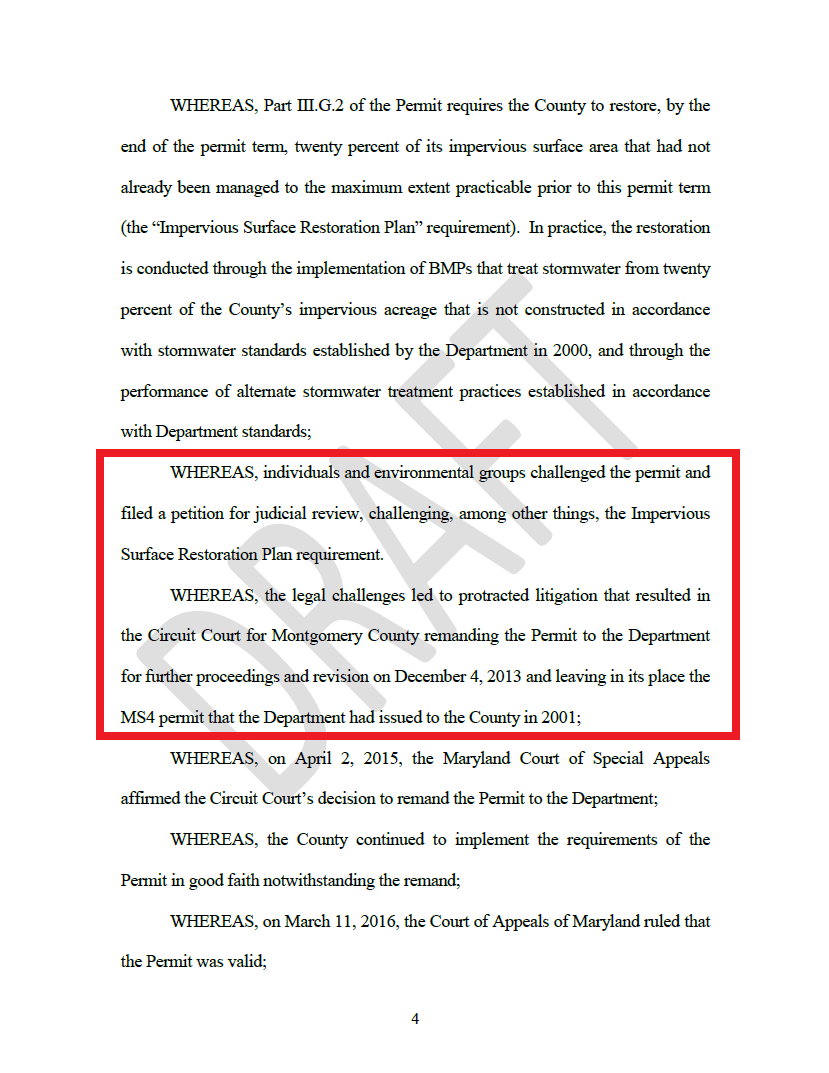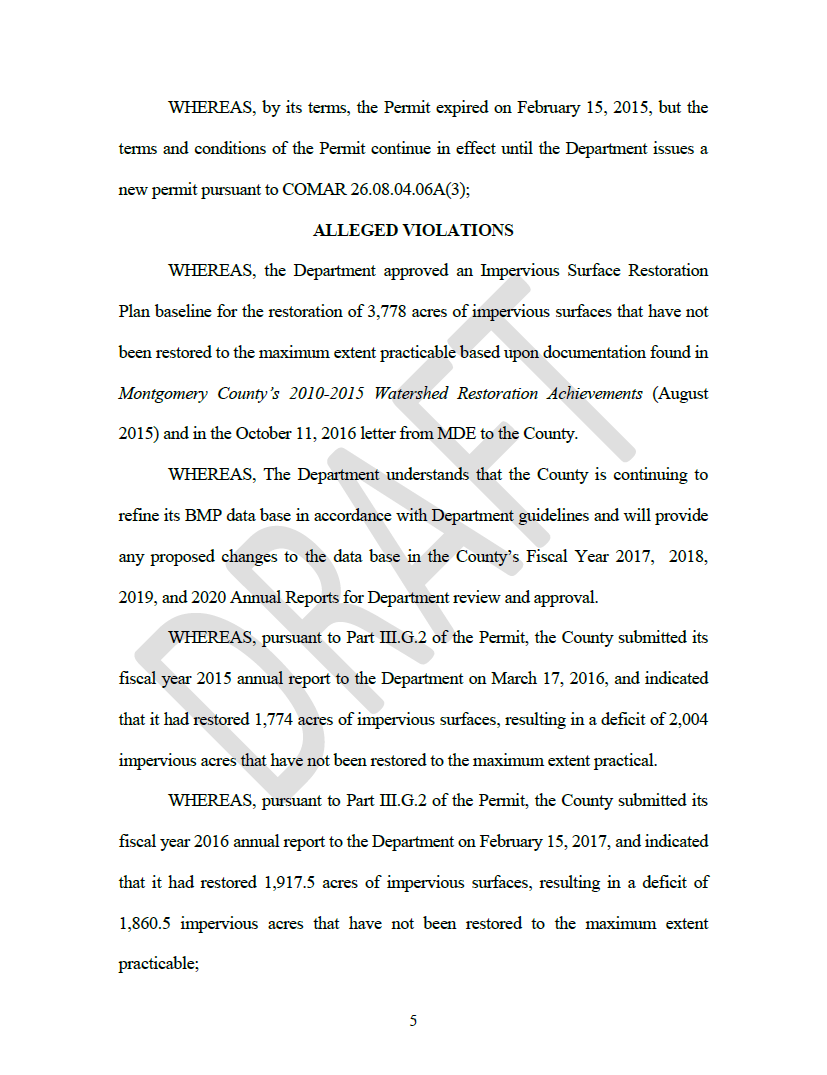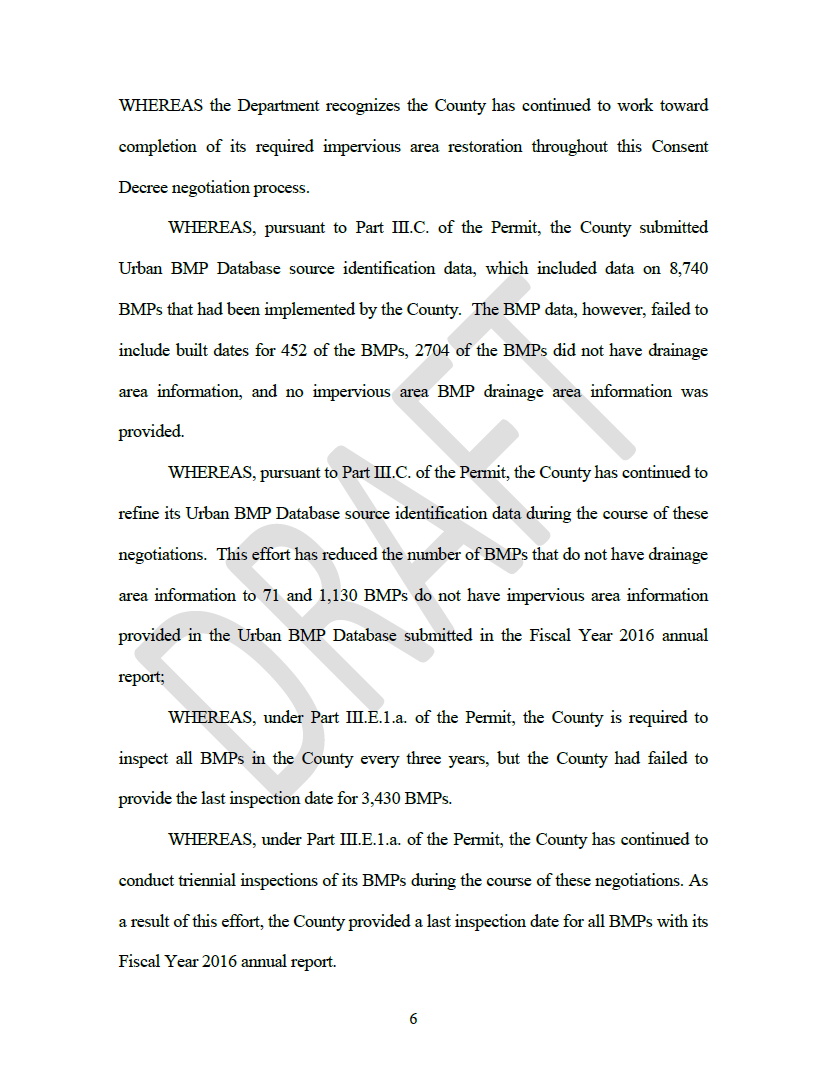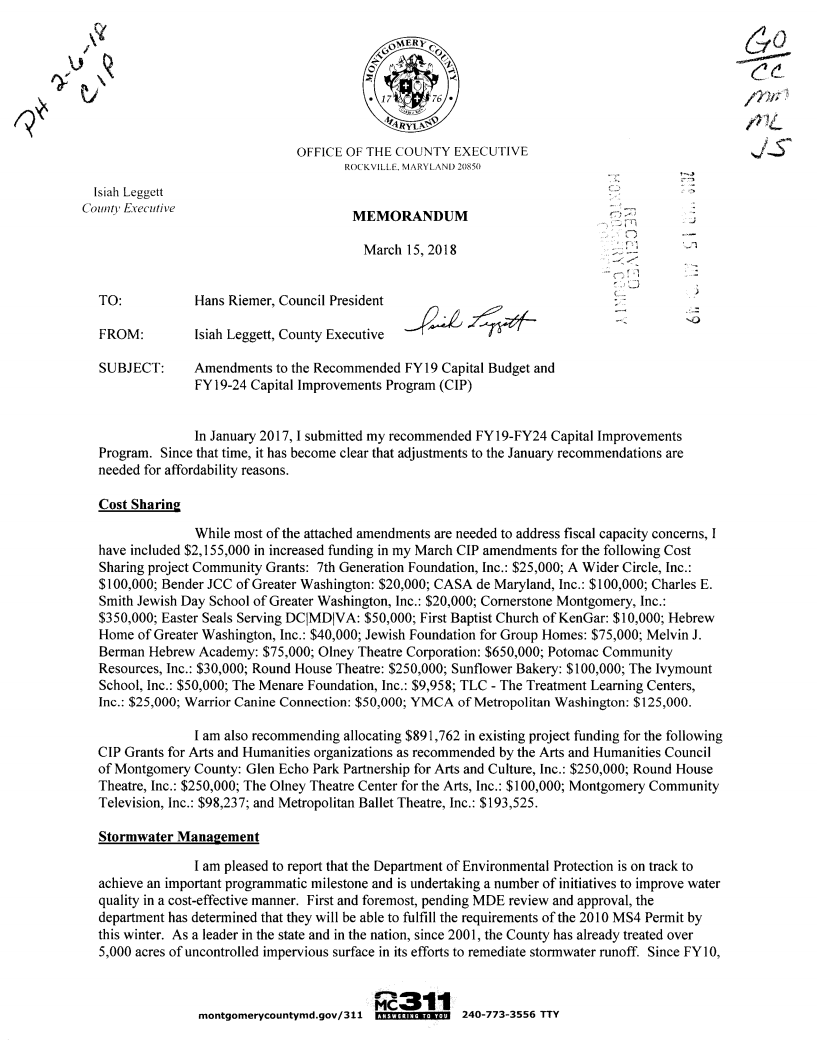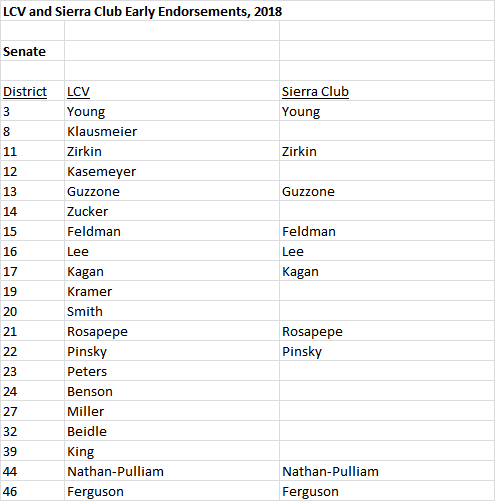The League of Conservation Voters and Sierra Club have endorsed a slew of General Assembly candidates. Here is a combined list of the two with non-incumbents in boldface. (L) indicates endorsed just by the League and (S) indicates endorsed just by the Sierra Club.
All of the endorsed non-incumbents for the Senate are currently delegates, though Veronica Turner is the only challenger endorsed over an incumbent for the Senate.
A total of non-incumbents have been endorsed for delegate by either organization–all for open seats. The League endorsed Rick Kessler, as well as the three incumbents in District 18. The LCV also endorsed four including two challengers–David Moon and Darien Unger in District 20..
By far the most endorsements were made in Montgomery County, an indication of the importance of environmental issues to many voters in the County. Prince George’s came up second.
District 3 (Frederick and Washington)
Senate: Ron Young (L)
District 6 (Baltimore County)
Senate: Johnny Olszewski, Jr. (L)
District 10 (Baltimore County)
Senate: Delores Kelly (L)
House: Adrienne Jones (L)
District 11 (Baltimore County)
Senate: Bobby Zirkin (L)
House: Dan Morhaim, Dana Stein
District 13 (Howard)
Senate: Guy Guzzone (L)
House: Shane Pendergrass, Frank Turner
District 14 (Montgomery)
Senate: Karen Montgomery
House: Anne Kaiser, Eric Luedtke, Craig Zucker
District 15 (Montgomery)
Senate: Brian Feldman
House: Aruna Miller, Kathleen Dumais
District 16 (Montgomery)
Senate: Susan Lee
House: Ariana Kelly, Hrant Jamgochian (S), Marc Korman (S)
District 17 (Montgomery)
House: Kumar Barve, Jim Gilchrist, Andrew Platt (S)
District 18 (Montgomery)
Senate: Rich Madaleno
House: Al Carr, Ana Sol Gutiérrez, Jeff Waldstreicher, Rick Kessler (L)
District 19 (Montgomery)
Senate: Roger Manno
House: Bonnie Cullison, Ben Kramer, Charlotte Crutchfield (S)
District 20 (Montgomery)
Senate: Jamie Raskin
House: Sheila Hixson, Will Smith, David Moon (L), Darien Unger
District 21 (Anne Arundel and Prince George’s)
Senate: Jim Rosapepe
House: Ben Barnes, Barbara Frush, Joseline Peña-Melnyk
District 22 (Prince George’s)
Senate: Paul Pinsky
House: Anne Healey (L), Tawanna Gaines (L)
District 23 (Prince George’s)
Senate: Doug Peters (L)
House A: Jim Hubbard (S)
House B: Marvin Holmes (L)
District 24 (Prince George’s)
Senate: Joanne Benson (L)
House: Carolyn Howard (L)
District 25 (Prince George’s)
House: Dereck Davis (L)
District 26 (Prince George’s)
Senate: Veronica Turner (L)
House: Kris Valderrama, Jay Walker (L)
District 27 (Calvert and Prince George’s)
House A: James Proctor, Jr. (L)
House C: Sue Kullen
District 28 (Charles)
House: Peter Murphy (L), C.T. Wilson (L)
District 30 (Anne Arundel)
House: Michael Busch
District 32 (Anne Arundel)
House: Pam Beidle
District 39 (Montgomery)
Senate: Nancy King
House: Charles Barkley, Kirill Reznick, Shane Robinson
District 40 (Baltimore City)
House: Barbara Robinson (L), Shawn Tarrant (L)
District 41 (Baltimore City)
House: Jill Carter (L), Sandy Rosenberg (L)
District 42 (Baltimore County)
Senate: Jim Brochin
House A: Stephen Lafferty
District 43 (Baltimore City)
House: Curt Anderson (L), Maggie McIntosh, Mary Washington
District 44 (Baltimore City and County)
House A: Kieffer Mitchell (L)
District 45 (Baltimore City)
House; Talmadge Branch (L), Cheryl Glenn (L)
District 46 (Baltimore City)
Senate: Bill Ferguson
House: Luke Clippinger (L), Peter Hammen (L), Brooke Lierman (L)
District 47 (Prince George’s)
Senate: Victor Ramirez (L)
House A: Michael Summers


